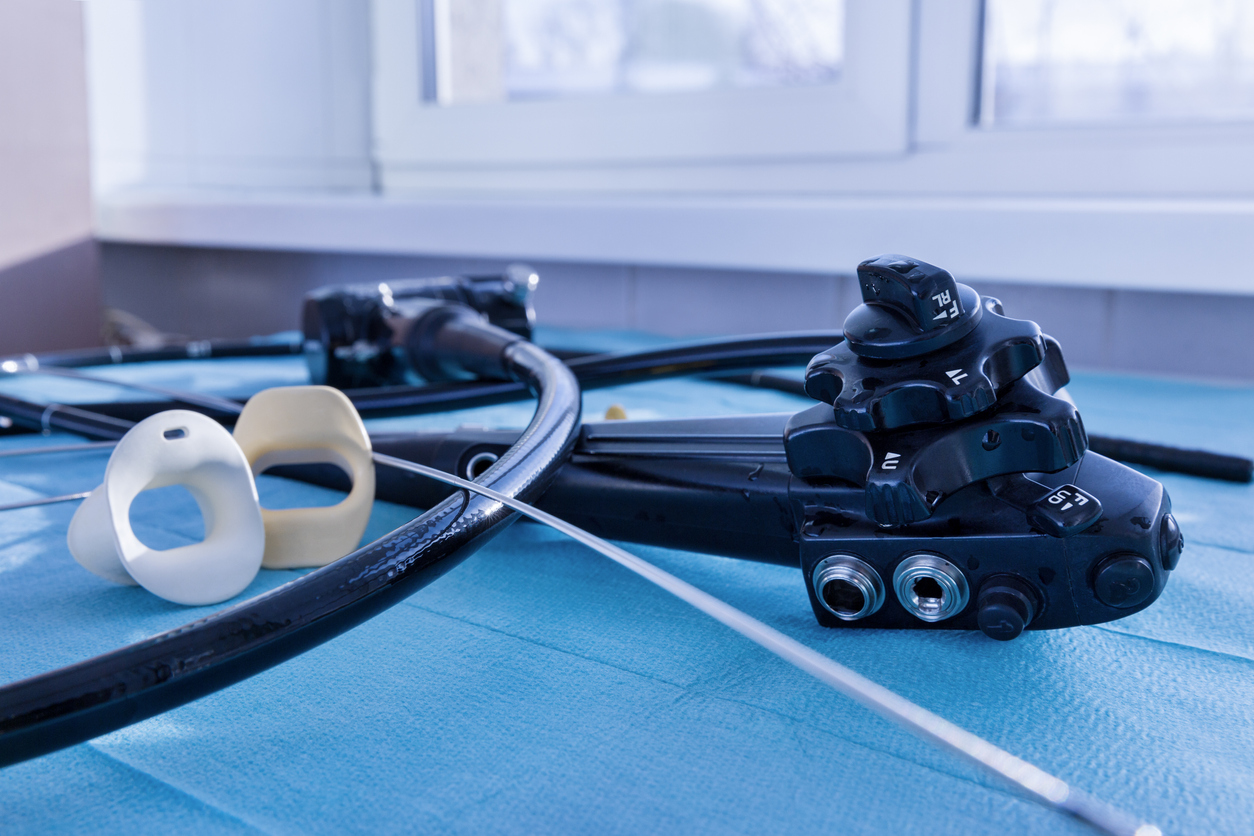
Flexible endoscopes are connected to more hospital-acquired infections than any other medical device. But the true infection rate from contaminated scopes remains unclear, which many experts say is due to poor surveillance and tracking.
Still, recent highly publicized infection outbreaks that were traced back to flexible duodenoscopes – namely caused by antimicrobial-resistant bacteria – have sparked interest in understanding the true infection rate associated with these devices.
In short, the question remains largely unanswered. A recently published review out of the Netherlands, however, found a much greater risk of device-related infection during endoscopic retrograde cholangiopancreatography (ERCP) than has previously been reported.
“The risk of developing a [duodenoscope-associated infection] is at least 30 to 180 times higher than the risks that were previously reported for all types of endoscopy-associated infections,” according to an abstract published during the 2020 Digestive Disease Week.
Researchers in the Netherlands calculated a duodenoscope-associated infection risk of 0.01 percent, based on reported infections between 2008 and 2018 in the country.
This rate is significantly higher than the generally accepted endoscope-associated infection risk range of 0.00006 to 0.00036 percent. That range is based on a study from 1993, according to the researchers, and has been the accepted percent risk since then.
That percent risk has held despite challenges from more recent studies and increased media attention on duodenoscope-associated infections. In 2013, a study from Cori L. Ofstead suggested that perceived infection rate is underestimated six-fold.
Judith Kwakman, Margreet C. Vos, and Marco J. Bruno of the Erasmus Medical Center submitted their findings to Digestive Disease Week for publication in May 2020. The May 2020 international gathering of gastroenterologists and healthcare professionals was canceled due to the COVID-19 pandemic. Accepted abstracts and posters were published online during the week of the scheduled event.
Kwakman, et al, conducted their research to determine infection rates in Dutch ERCP procedures, according to the abstract.
Physicians in the Netherlands performed approximately 203,500 ERCP procedures from 2008 to 2018. The researchers linked 21 infections back to contaminated endoscopes from the data.
“These data call for consorted action of medical practitioners, industry and government agencies to minimize and ultimately ban the risk of exogenous endoscope-associated infections and contamination,” the authors write.
Duodenoscopes are considered one of the most difficult endoscopes to clean and disinfect because of their multiple channels and an elevator mechanism on the distal end. Recently, the U.S. Food and Drug Administration has recommended stricter reprocessing measures and for a shift to duodenoscopes with disposable components or even fully disposable models to limit infection risk from the devices.


